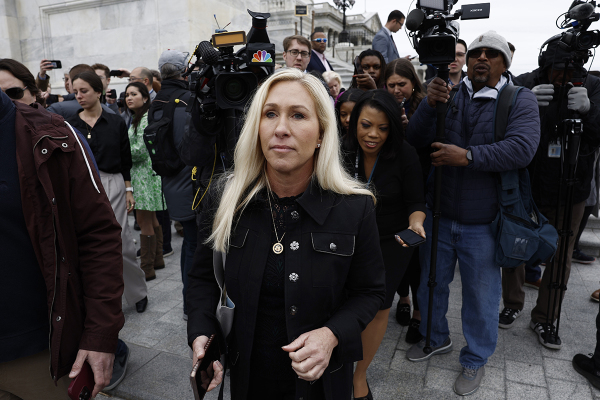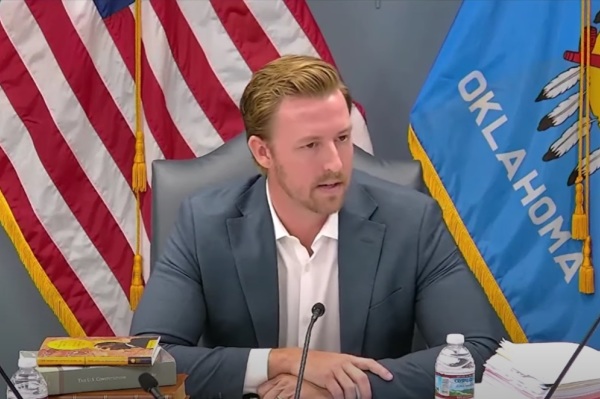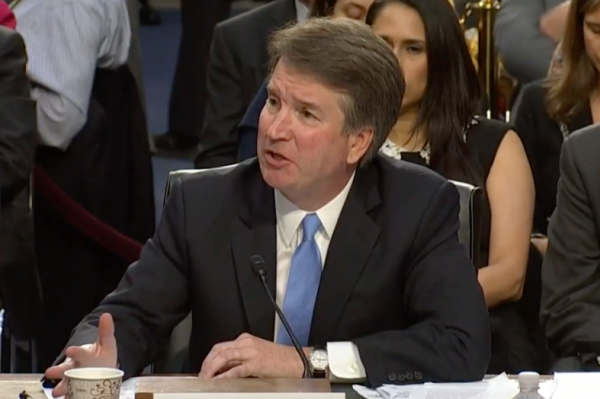Halloween: Can Christians and Witches Agree on Avoiding Holiday? (Part 2)
Editor's Note: Part of S. A. Tower's Christian testimony includes the fact that she is a former initiated witch, practicing for more than a decade. Her powerful testimony and insightful revelations in the spiritual realm can be read in her book, "Taken From The Night - A Witch's Encounter With God." Below is the second of a three-part series on her observations about Halloween. Part One can be read by clicking here. Part Three is tomorrow.
It's Halloween night; she rushes home, chooses to park the car in the garage and makes sure to turn off the porch light. Across the street the entire front of the neighbor's house is entwined with neon spider webs with a ghost-lined driveway, while hers has subtle accents of the fall season.
Once inside, she retreats to the family room in the rear of her home, and waits it out. It will be several hours before the sound of scampering feet, little voices announcing trick or treat and the sound of the campy Halloween CD playing from across the street will disappear into the night.
Sound familiar? This would seem to portray the homes of many Christians but ironically, it's the house of a witch.
You may actually be surprised to learn that some Christians and witches actually agree with the avoidance of Halloween. That's right! A good percentage of witches see it as a commercialized parody of what they consider serious and sacred. All the stereotypes throughout the year come to fruition on Halloween, all for the sake of what they consider… a Christian holiday. Surprisingly, they will join many evangelicals in the quiet of their homes anticipating for the night to end.
Their holiday is Samhain which typically falls near the day of Halloween. Samhain is the Celtic New Year and beginning of the dark half of the year. It's considered by the witch as a very magical time when the veil between the worlds is thinnest and the dead walk among the living. The celebration consists of honoring dead loved ones, communicating with the deceased in what's called the "dumb supper" and predicting the future through divination.
Still, some modern witches will partake in Halloween for what they consider a cultural holiday and take their kids trick-or-treating alongside other neighborhood kids, including Christians who aren't alarmed by possible pagan roots. Upon arriving home, they will go through the same safety ritual as you, inspecting the candy and making sure the kids don't overdose on sugar. Some may even get a little slack for their participation, while others will show indifference such as Mary Gelfand, a Wiccan high priestess in New Orleans, as reported in the Christian Science Monitor. Gelfand notes that Satan, like Halloween, is a Christian invention of no importance to pagans, who practice an earth-centered spirituality. She tells the Monitor that what pagans do in communicating with deceased ancestors has nothing to do with the commercial act of trick-or-treating. Therefore, she's not troubled by Christian efforts to make it an occasion for evangelism.
Evangelism is exactly what other Christians will resort to – seizing the day for a witnessing occasion. In our high-tech world where texting and the internet have replaced face-to-face conversation, this holiday is seen as the perfect catalyst to meet families and share the light of Jesus in person. It's considered a night when opportunity knocks at your door and you don't have to leave your house to share your faith. In this case you may find the porch light is on, a carved pumpkin with a Christian symbol sits on the door step and a warm-hearted person passes out candy along with the sweetest treat of all… the love of Jesus.
You will hear some witches and other neo-pagans claim that Halloween is nothing more than a Christianized version of Samhain – a stolen holiday of sort, much like every other holiday celebrated by Christians including, Christmas and Easter. Many Christians agree with this theory and apply Biblical principles to the bits and pieces of what little are known of these ancient practices. The question is, can anyone really lay claim to this mixed brew of a religious, cultural, and commercialized event?
Christians and Halloween: A Mixed Brew, But a Mission Field? (Part 3)






















